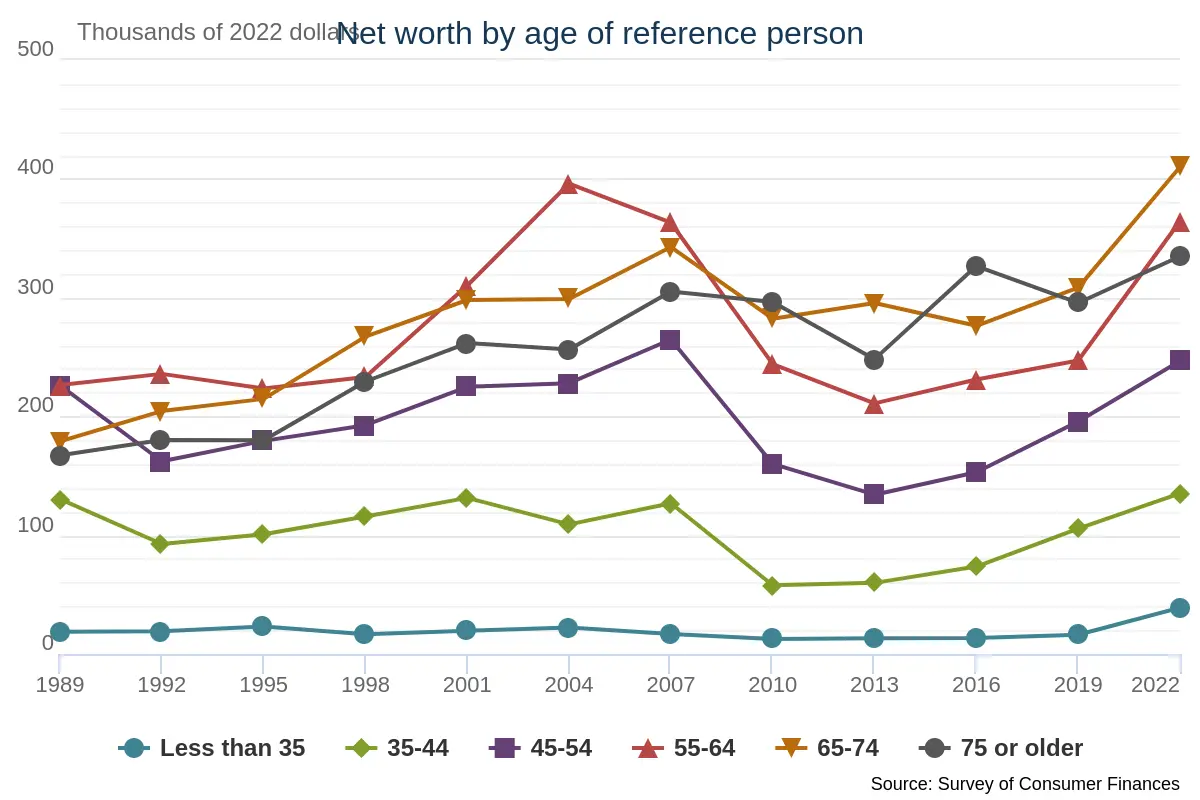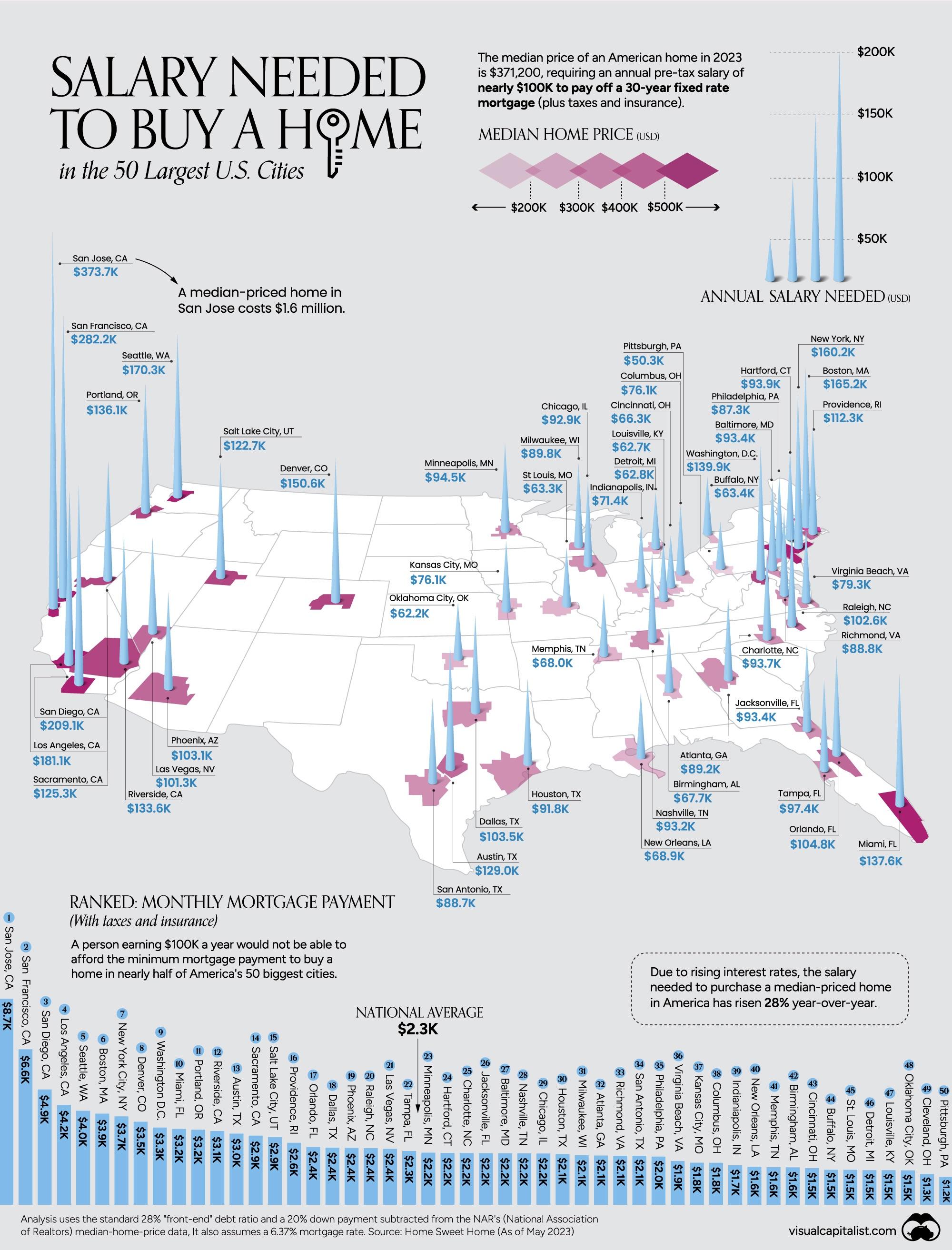Personal Finance
3803 readers
1 users here now
Learn about budgeting, saving, getting out of debt, credit, investing, and retirement planning. Join our community, read the PF Wiki, and get on top of your finances!
Note: This community is not region centric, so if you are posting anything specific to a certain region, kindly specify that in the title (something like [USA], [EU], [AUS] etc.)
founded 2 years ago
MODERATORS
76
77
78
86
Mint.com is going away. Are there any alternatives that are as automatic and simple?
(www.theverge.com)
79
80
81
82
83
84
85
86
87
88
89
90
91
92
93
94
95
96
97
98
13
Retirement plan derailed: Will you be among the 40% forced to stop working earlier than expected?
(www.marketwatch.com)
99
100

